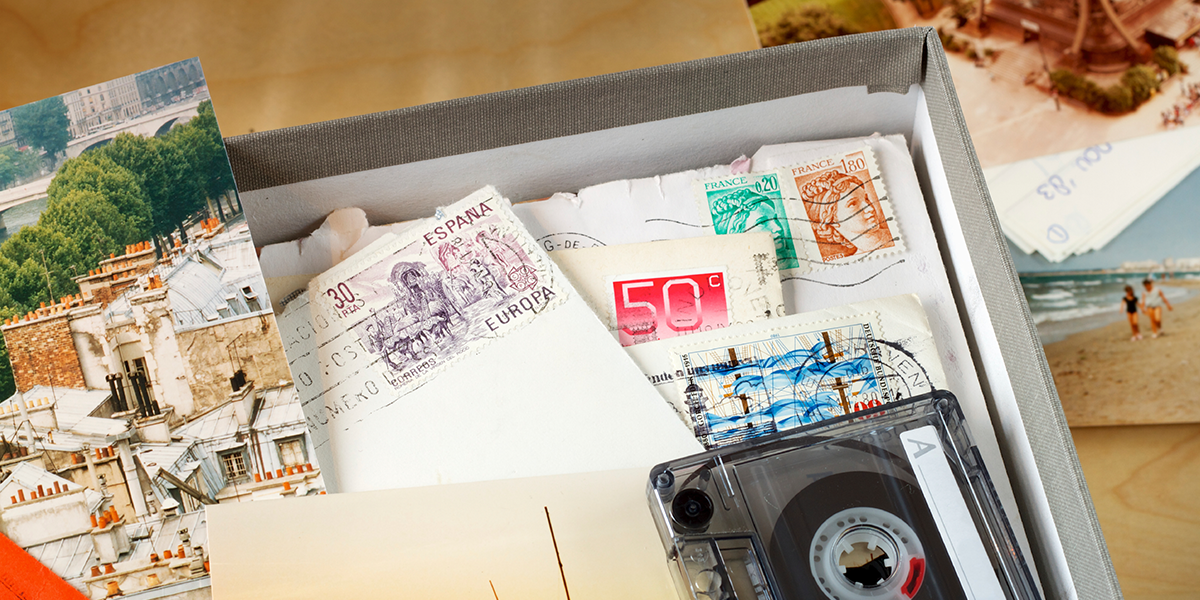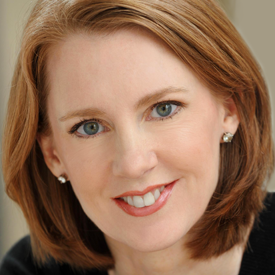I don’t even remember when or how I met Allison Gilbert. We keep banging into each other in the world of New York area writers, and it’s always thought-provoking and fun to talk to her.
She has a new book that just hit the shelves. Passed and Present: Keeping Memories of Loved Ones Alive is all about how to keep alive our memories of the people we love, after they’re gone — in a way that’s about happiness and remembering, not sadness and grieving. The book is crammed with specific, manageable, creative ideas for holding onto precious memories. (What a brilliant title for this subject, right?)
Given her subject, I was eager to talk to her about habits and happiness.
Gretchen: What’s a simple habit that consistently makes you happier?
A: Getting up early to write. My alarm is set every day for 5:30am, before my husband and our two teenagers begin to stir. I use this time to think and type without interruption. Spending these concentrated moments on my writing puts me in a good mood for the rest of the day. I’ve focused on myself — the work I enjoy and need to do — and then I can be more giving to my family. Getting up early to write it a lot like putting my oxygen mask on first.
G: Would you describe yourself as an Upholder, a Questioner, a Rebel, or an Obliger?
A: Without hesitation, I am an Upholder. I’m very good at setting deadlines for myself and meeting them. I also LOVE to-do lists!
G: Have you ever changed a habit over a prolonged period of time, after years of struggle?
A: Yes, over a decade, after several family members died in rapid succession, including my parents. Immediately following each of their funerals, I never had to look far to share a story or hear one. But a few months later, outside the holidays and other special occasions, I hesitated to bring them up in conversation. Anecdotes I told my children seemed heavy or forced, and I didn’t want to make my friends uncomfortable. I also had so many questions most of my well-meaning friends couldn’t answer. What should I do with all their belongings— the random collections of loose papers, official documents, silverware, dishes, gardening tools, photo albums, VHS tapes, film reels, and 35mm slides? What should I keep? Where do I even start? In some respects, because techniques for honoring and celebrating loved ones are seldom discussed, I felt lonelier at that later time than when my parents and other family members died.
Over time, I came to an important conclusion. Nobody is responsible for keeping my family’s memory alive except me. For my parents and other loved ones to continue enriching my life—and for my children to get to know their relatives—it would be up to me to develop the habit of integrating them into our already full and busy routines. So the more I explored ways to celebrate their memory — cooking reminiscent foods, using technology and social media to frame their memory in a contemporary context — the happier I felt. I embraced the idea that I could move forward, live and rich and joyful life, while keeping the memory of my loved ones alive. This new habit has been a game changer. It’s brought immeasurable joy and grace to my life. In fact, as I was researching and writing Passed and Present I learned something quite astounding: Taking steps to appropriately remember loved ones has been proven to be essential for healing. Individuals who keep their loved one’s memory alive almost always fare better emotionally than those who don’t. Who knew?! A critical habit for happiness is remembering the people we miss most.
G: Has another person ever had a big influence on your habits?
My mother. My mother was a top executive recruiter and was often interviewed for magazines and books. She was an expert source in Dr. Joyce Brothers’ book, The Successful Woman: How You Can Have a Career, a Husband and a Family — and Not Feel Guilty About It. The book wasn’t relevant to me when it was published (it came out when I was in high school), but now that my mom is gone, I cherish the perspective she offered on habits. She often used small pockets of time for guilt-free pleasure. The best such nugget is on Page 113. In this passage, my mother was asked how she finds time to take care of herself, even go clothes shopping, when she was also running an international enterprise. Here’s what she said:
“The only time I spend any time going shopping is when I’m traveling on business. If I’m in Dallas and have an appointment at nine and the next one isn’t until three, there is nothing I can do in between. I can’t talk with my daughter. I can’t write a business proposal. So I go shopping. It’s the only time I can shop without guilt.”
This reads a little dated, of course. My mother offered her point of view before laptops and cell phones. But her thinking still rings very true for me. And if I’m being honest, the Passed and Present Memory Bash Book Tour might provide just these kind of guilt-free shopping opportunities for me. I can’t wait to get on the road — meet readers — and also find windows of time to buy some new clothes. I’ll be enthusiastically celebrating my mother’s memory with every dress I find.
A version of this post originally appeared on Gretchen Rubin’s website, where she writes about her experiments in the pursuit of happiness and good habits.































